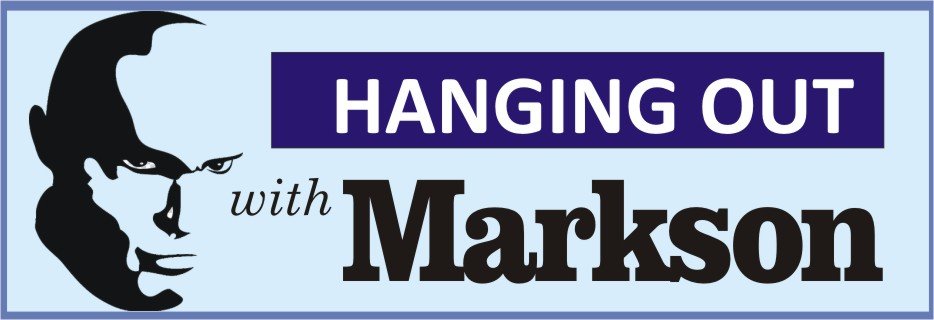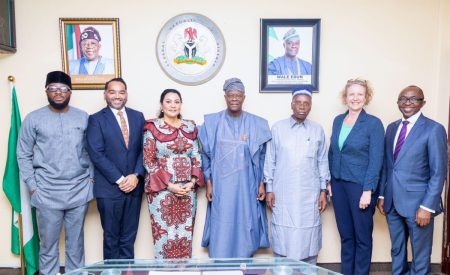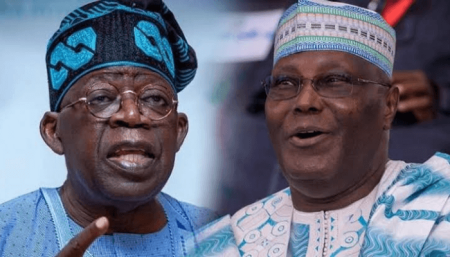 Markson Ibibo
Markson Ibibo
Port Harcourt — His Excellency, Dr. Babagana Umara Zulum has made a lot of news in Maiduguri where he sits as the Governor of Borno State, the epicentre of the Boko Haram insurgency. Since assuming office in May 2019, the 50-year old agricultural engineer has dominated the headlines with his heartrending cry outs with every assault and slaughter by the terrorists, and equally heartfelt compliments as Nigerian soldiers beat them back and black and blue. The first-term Governor shot into the headlines again at the Easter weekend, when in a message to mark the Christian holiday, he warned that, regardless of the global focus on the Covid-19 pandemic, “Nigeria and the international community must never lose sight of the Boko Haram insurgency” which he aptly labelled “Covid-2009.” Wonderful!
Sustaining the pandemic metaphor, he said: “Boko Haram is equally contagious through the spread of violent ideologies and links with terror groups around the world. It is also contagious by creating permanent fear and agonies for millions of people. We must be simultaneous and consistent in applying and sustaining tough measures against Covid-19 and Covid-2009. With their proven evil mindset, Boko Haram insurgents would expect us to be carried away with Covid-19, so they can exploit the situation to make Covid-2009 worse than it already is. We must never let this happen.” Again, wonderful!
Dr. Zulum’s warning is a stark reminder of the things we risk leaving undone as we tackle COVID-19, only to face greater problems when we re-emerge from the trenches of Coronavirus self-isolation and shutdown or lockdown. If one is able, one will command all the COVID-19 cases in the world to Boko Haram people! But this insidious enemy does not recognise ideology, race, gender, status, colour or creed. The pressure on the Boko Haram saga which now involves Benin, Chad, Cameroon, Nigeria and Niger as frontline territories, and Britain, France, Israel, and the United States as allies must be urgent and current. The Governor has spoken well that we will regret it if we get distracted.
Another challenge that will survive COVID-19 and demand our undivided attention is the level of poverty in Nigeria. My heart bleeds for future generations of Nigerians. Our own dear native land emerged as the poverty capital of the world in 2018. That was when the World Bank said Nigeria – the 6th largest producer of oil and gas in the world – had overtaken India as the poorest country in the world with 69 per cent of Nigeria’s estimated 200 million population living below the poverty level. And the economy holds small hope for the situation, no thanks to COVID-19. The national budget for 2020 is some N10.6 trillion, but this has been cut as the N2.64-trillion revenue target in oil has been set back by about 40 per cent. Our budget benchmark in oil price was 57 dollars per barrel, so a 23-dollar-per-barrel reality means plenty of trouble in government coffers and in homes. Nigeria has just joined OPEC to agree a 10-million barrel production cutback in an attempt to push up prices but there is no assurance that the sun is yet coming out, let alone shining. What all these mean is that, when COVID-19 eventually dies either through a vaccine or sheer strong headed policies, the living will scratch their heads on how to survive the poorer times that will be prevalent.
If COVID-19 has taught us anything it is that Nigeria does not boast a health service worth the name and character. And the disease has accorded us the unmerited privilege of hearing this confirmation from no less an official than the Secretary to the Government of the Federation, Boss Mustapha who heads the Presidential Task Force on COVID-19. Speaking at one of their news conferences in Abuja, Mr. Mustapha said he had always known that the health sector was not up to it, but his Coronavirus assignment exposed the rottenness of the system. He said many of the buildings pertaining to health had nothing in them, and that he was born of the village doctor-less experience in a “small missionary dispensary with one midwife,” as a result of which he had no birth certificate, only declaration of age. We hail the uncolored and uncommon recollections of Mr. Mustapha and sympathise with him on the lack of proper birth credentials. However, we are in serious trouble health-wise. OXFAM, an international confederation of 20 non-governmental organisations with partners in over 90 countries reported in July 2019 that about “57 million Nigerians lack access to safe water and over 130 million are without access to adequate sanitation.” As if this is not worrying enough, Nigeria is forecast to be the world’s third largest country by 2050. This means solutions to our health problems, must be immediate, workable and sustainable.
We are not faring better in education. UNICEF says more than 10 million children in Nigeria are out of school, the highest in Africa. Although, primary education is “free and compulsory” in Nigeria, about 10.5 million of our children aged 5-14 years are not in school. UNICEF adds: “One in every five of the world’s out-of-school children is in Nigeria.” And we are not yet talking of the same emptiness in secondary and university education. The focus on the primary level is understandable as it is the foundation on which everything else is constructed.
At this time when the attention and resources of Nigeria and the international community remain focused on combating COVID-19, reminding ourselves of subsisting national malaise may look like a red herring. But this is not so. Governor Zulum is right to draw our attention to unsolved problems even as we battle COVID-19, and tellingly, it goes beyond Boko Haram.



